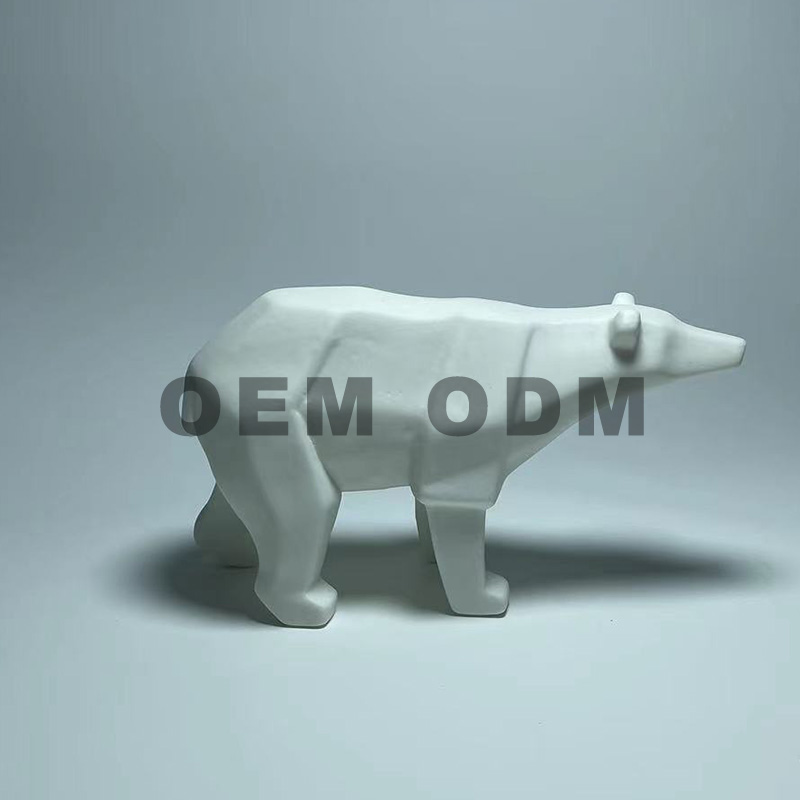The Strength Within: Comparing White Porcelain with Other Porcelain Types for Durability and Resistance
2024-03-07
In the world of home design and construction, porcelain has established itself as a popular choice for its durability, versatility, and timeless appeal. Among the various types of porcelain available, white porcelain stands out for its clean and classic aesthetic, but how does it compare to other porcelain types in terms of durability, stain resistance, and scratch resistance? In this blog post, we'll explore the strengths and characteristics of white porcelain relative to other types of porcelain to help homeowners make informed decisions for their projects.
1. White Porcelain vs. Glazed Porcelain:
Durability: Both white porcelain and glazed porcelain are known for their durability, but glazed porcelain may have an edge in terms of scratch resistance due to its protective glazed finish. However, white porcelain tiles are also highly durable and resistant to wear and tear, making them suitable for high-traffic areas such as kitchens, bathrooms, and entryways.
Stain Resistance: Glazed porcelain typically offers superior stain resistance compared to unglazed porcelain, thanks to its non-porous surface that repels spills and stains. While white porcelain is generally easy to clean and maintain, it may require periodic sealing to enhance its stain resistance, especially in areas prone to spills and moisture exposure.
2. White Porcelain vs. Polished Porcelain:
Durability: Polished porcelain tiles are known for their glossy finish and smooth surface, but they may be more prone to scratching and wear over time compared to white porcelain tiles. White porcelain, on the other hand, offers excellent durability and resistance to scratches, making it a practical choice for flooring and high-traffic areas.
Stain Resistance: Polished porcelain tiles may be more susceptible to staining compared to white porcelain tiles, as the polished surface can show water spots and fingerprints more easily. White porcelain tiles, with their matte or satin finish, are less prone to showing stains and require minimal maintenance to keep them looking clean and pristine.
3. White Porcelain vs. Unglazed Porcelain:
Durability: Unglazed porcelain tiles are known for their natural, earthy appearance and rugged texture, but they may be more susceptible to scratching and staining compared to white porcelain tiles. White porcelain tiles offer superior durability and resistance to wear and tear, making them a practical choice for both indoor and outdoor applications.
Stain Resistance: Unglazed porcelain tiles may require more frequent sealing to enhance their stain resistance, as the porous surface can absorb spills and moisture. White porcelain tiles, with their non-porous surface, offer excellent stain resistance and are easy to clean with just a mild detergent and water.
In conclusion, white porcelain stands out as a durable, versatile, and stylish option for a wide range of applications in residential and commercial settings. While other types of porcelain may offer specific advantages in terms of finish or texture, white porcelain holds its own in terms of durability and resistance to stains and scratches. Whether used for flooring, countertops, backsplashes, or decorative accents, white porcelain tiles provide a timeless and practical solution for enhancing the beauty and functionality of any space.



